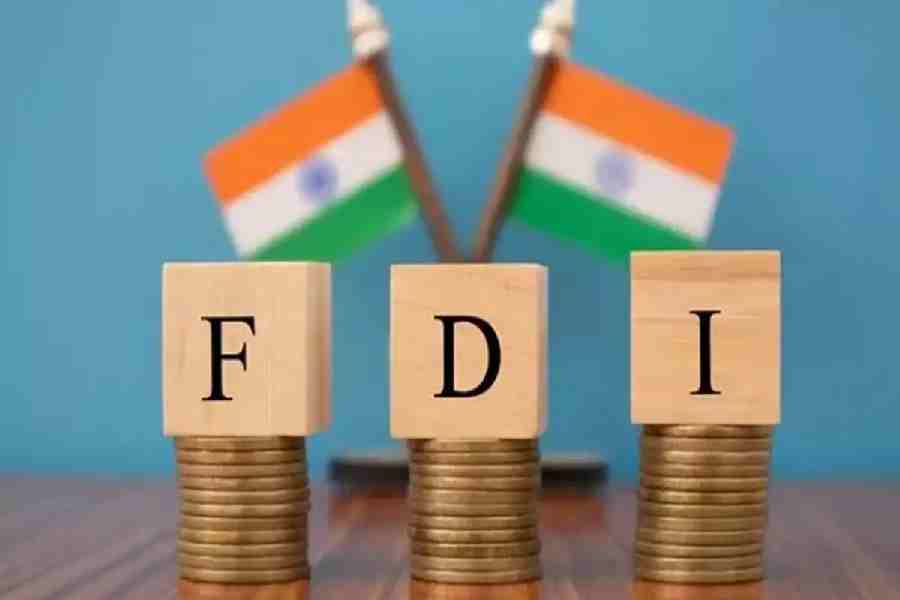India will adopt a selective approach to Chinese foreign direct investment (FDI), focusing on sectors where critical technology or skills are unavailable domestically, government sources said.
“We have to take a nuanced view,” a government source said. “There could be some areas such as batteries or e-vehicles or any other manufacturing sector where Chinese companies have really good technology which can be encouraged. It (opening up) cannot be general, it is not possible.”
The Economic Survey has suggested opening the doors to investments from China to boost India’s participation in the global value chain. However, the government has not initiated a review of the existing FDI norms, the sources said.
Arpita Mukherjee of Icrier said restrictions on Chinese FDI are hindering India’s ability to attract investment and create jobs. “Vietnam has been one of the key beneficiary of investments relocating from China, while we missed out due to this restriction.”
Dumping check
The commerce ministry arm, the Directorate General of Trade Remedies (DGTR), has proposed a $234 per tonne anti-dumping duty on unframed glass mirrors from China. The five-year duty is aimed at shielding domestic manufacturers from cheap imports.
The All India Mirror Manufacturers Association had approached the DGTR on a dumping duty.
EPCG reliefs
The government has relaxed certain norms for the beneficiaries of the Export Promotion Capital Goods (EPCG) scheme. The scheme allows duty-free import of capital goods for export-oriented production.
The changes include extending the deadline for submitting installation certificates for imported capital goods to three years from the import date, with an option for further extension upon payment of a fee. Additionally, the requirement for submitting installation certificates for imported spares has been scrapped.











